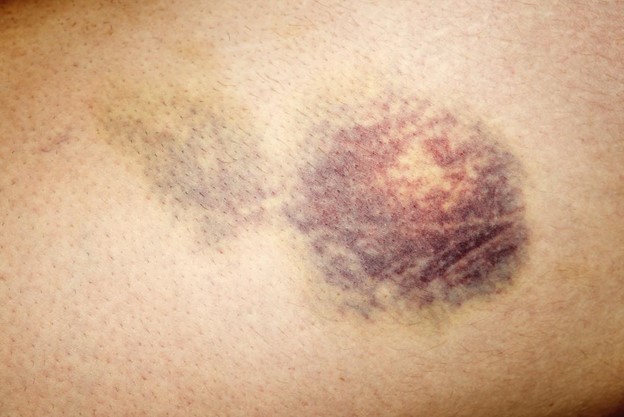A nurse is providing care for a client who experienced a myocardial infarction prior to a cardiac arrest. Which of the following laboratory tests will identify early injury to the cardiac muscle?
Creatine kinase (CK) test
Creatine kinase-myocardial band (CK-MB) test
Brain natriuretic peptide (BNP) test
Troponin T test
The Correct Answer is D
Answer: D. Troponin T test
Rationale:
A. Creatine kinase (CK) test: While creatine kinase isoenzymes, including CK-MB, can be elevated following myocardial infarction (MI), they are not specific to cardiac muscle injury. CK is found in various tissues throughout the body, so elevated levels can also indicate damage to skeletal muscle or brain tissue, among other sources.
B. Creatine kinase-myocardial band (CK-MB) test: CK-MB is a cardiac-specific isoform of creatine kinase, and elevated levels can indicate myocardial injury, particularly in the context of an acute MI. However, troponin T is a more sensitive and specific marker for myocardial injury.
C. Brain natriuretic peptide (BNP) test: Brain natriuretic peptide is primarily used in the diagnosis and management of heart failure. While elevated BNP levels can indicate heart muscle strain or stress, they are not specific markers for acute myocardial infarction or early injury to the cardiac muscle.
D. Troponin T test: This is the correct answer. Troponin T is a highly specific marker for cardiac muscle injury. Elevated troponin levels can be detected within hours of myocardial infarction and persist for several days, making it an essential tool in the diagnosis of acute coronary syndromes, including myocardial infarction. Troponin T is considered one of the gold standard biomarkers for detecting early injury to the cardiac muscle.
Nursing Test Bank
Naxlex Comprehensive Predictor Exams
Related Questions
Correct Answer is B
Explanation

A hematoma is a collection of blood outside a blood vessel that can cause swelling, pain, and bruising. It can indicate bleeding from the artery where the catheter was inserted, which can be a serious complication of cardiac catheterization.
The nurse should notify the provider immediately if a hematoma is observed.
Choice A is wrong because heart rate 90/min is within the normal range for adults and does not indicate a complication.
Choice C is wrong because bounding pulses in the affected extremity are expected after cardiac catheterization, as they indicate good blood flow to the area.
Choice D is wrong because report of discomfort at the insertion site is common and usually mild after cardiac catheterization.
The nurse can provide pain relief as needed, but does not need to notify the provider unless the pain is severe or persistent.
Normal ranges for heart rate are 60-100 beats per minute for adults. Normal ranges for blood pressure are 120/80 mmHg or lower for systolic pressure and 80 mmHg or lower for diastolic pressure. Normal ranges for oxygen saturation are 95-100% for adults.
Correct Answer is B
Explanation
The correct answer is B.
Previous violent behavior. According to the web search results, this is the best predictor of future violence among the given risk factors.
Other risk factors include past history of aggression, poor impulse control, and violence. Comorbidity that leads to acts of violence (psychotic delusions, command hallucinations, violent angry reactions with cognitive disorders).
Choice A is wrong because a history of being in prison is not a direct cause of violence, but rather a possible consequence of it.
Choice C is wrong because male gender is not a sufficient factor to predict violence, as there are many other variables involved. Choice D is wrong because experiencing delusions is not necessarily associated with violence, unless they are of a paranoid or persecutory nature.
Normal ranges for violence risk assessment are not standardized, but some tools that can be used include the Historical Clinical Risk Management-20 (HCR-20), the Violence Risk Appraisal Guide (VRAG), and the Psychopathy Checklist-Revised (PCL-R). These tools use different scales and criteria to evaluate the likelihood of violent behavior in individuals.
Whether you are a student looking to ace your exams or a practicing nurse seeking to enhance your expertise , our nursing education contents will empower you with the confidence and competence to make a difference in the lives of patients and become a respected leader in the healthcare field.
Visit Naxlex, invest in your future and unlock endless possibilities with our unparalleled nursing education contents today
Report Wrong Answer on the Current Question
Do you disagree with the answer? If yes, what is your expected answer? Explain.
Kindly be descriptive with the issue you are facing.
